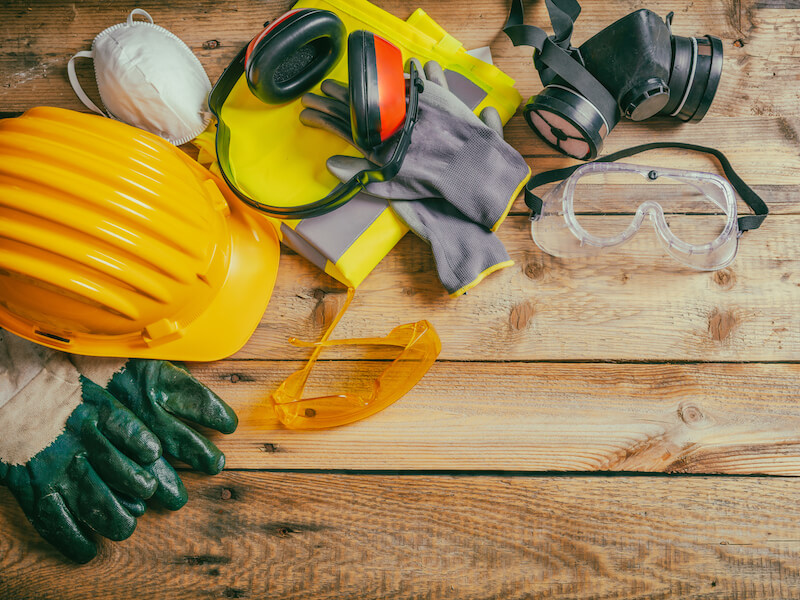
Around two million workplace injuries are reported every year. When you think about on-the-job injuries, you may think of flying projectiles or a hand pulled into a piece of machinery at a factory.
But there is a far more pernicious on-the-job injury that is even more common and frequently overlooked. It sneaks up on people extremely slowly over the course of several years. The injury goes unnoticed until the symptoms become impossible to ignore. Excuses are a typical reaction. “It will go away” or “I’m just getting older. This isn’t unusual.
And it’s unusual for people to even realize that their workplace is the cause of this injury.
The insidious injury is hearing damage. There are some significant steps you should take if you notice any of the numerous warning signs.
Exactly When Does The Volume Become “Too Loud”?
Sustained exposure to sounds louder than 85 decibels (dB) can result in permanent damage to your hearing. Seventy-five dB, for instance, is the average volume of a vacuum cleaner. A lawnmower generates 85 dB. A chainsaw or leaf blower produces over 100 dB. And the volume of a gunshot logs in at 140 dB.
Are you at risk when in your work environment? Is the most common workplace injury a problem for you? Over time, your hearing is likely to be damaged if you are regularly exposed to sound as loud as a lawnmower, even if it’s not continuous.
Signs of Hearing Injury
If you work in a loud environment, there’s no question you’re harming your hearing.
Your experiencing hearing loss if you notice any of the following symptoms:
- Conversations sound muffled.
- You regularly ask people to repeat themselves when they talk.
- You experience pain when you hear loud noises.
- When people speak, you tend withdraw.
- consonants get confused – “Todd” sounds like “Dodd,” for instance.
- You suspect people speaking to you are constantly mumbling.
- Your friends and family tell you your TV, radio, or computer tablet volume is too loud.
- You hear ringing, whistling, or hissing even when it’s quiet.
- You can’t understand the person speaking if there’s background sound.
How is Hearing Damage Being Dealt With by Employers?
Businesses and organizations are using the latest technology to lessen workplace noise in overly loud settings. Workplace noise will be minimized as new guidelines are being put in place by governments to safeguard workers.
As more employees become aware of the chronic damage they have suffered as a result of workplace noise, they are coming forward. Further change will come as their voices are heard.
Preventing Additional Damage
If you work in a loud setting, the smartest thing you can do is protect your ears before any damage is done. Wearing protective headphones or earplugs on the job will help minimize potential damage.
If you believe your hearing has been damaged by a noisy workplace, schedule a hearing test as soon as possible. When you identify the level of your hearing loss, you will learn how to avoid further damage going forward. We can help you formulate strategies to avoid additional hearing loss and address the damage you’ve already experienced.

